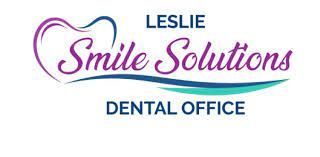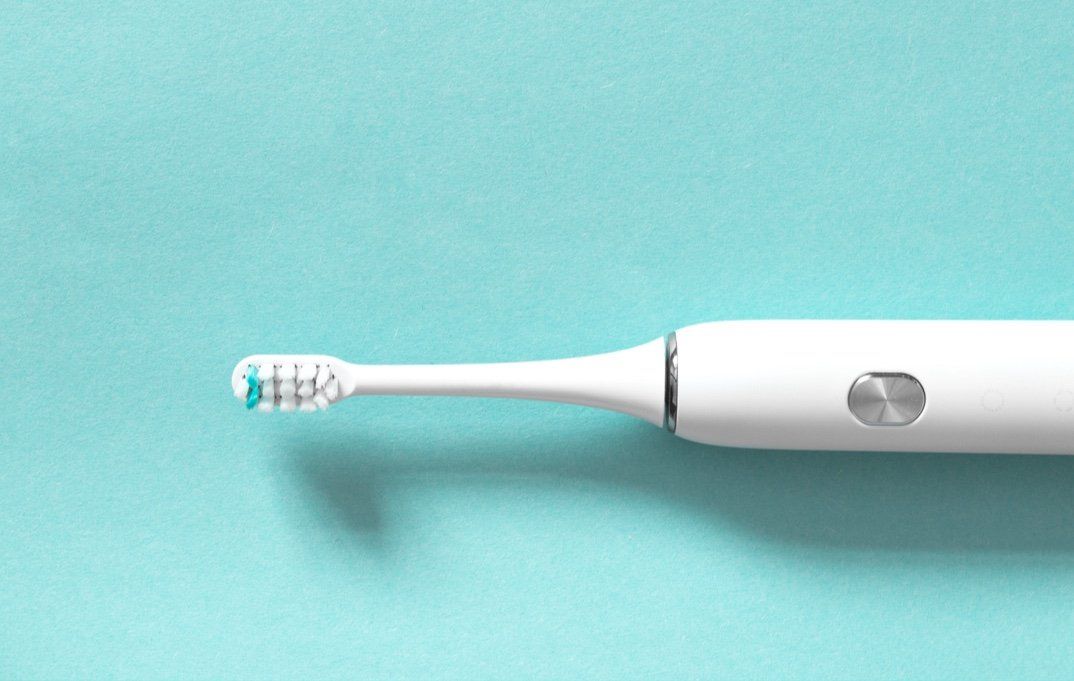Toothache? Call us immediately
Toothaches can be incredibly painful and disruptive, affecting your ability to eat, sleep, and concentrate. Understanding the causes of toothaches and how to prevent and treat them is essential for maintaining good oral health. In this blog post, we’ll explore the reasons behind toothaches, share prevention tips, and discuss effective treatments. Plus, learn how our Toronto Leslie dental clinic can help you achieve a pain-free smile.
1. Common Causes of Toothaches
• Tooth Decay: Cavities are a leading cause of toothaches. Bacteria in the mouth produce acids that eat away at the enamel, leading to pain.
• Gum Disease: Inflammation and infection of the gums can cause pain and discomfort.
• Tooth Abscess: A severe infection at the root of the tooth can cause intense pain.
• Tooth Fracture: Cracks or breaks in a tooth can expose the nerve and lead to pain.
• Bruxism: Grinding your teeth can cause toothaches and jaw pain.
• Impacted Wisdom Teeth: When wisdom teeth don’t have enough room to emerge, they can cause pain.
2. How to Prevent Toothaches
• Maintain Good Oral Hygiene: Brush twice a day and floss daily to prevent cavities and gum disease.
• Regular Dental Check-ups: Visit your dentist every six months for cleanings and exams.
• Healthy Diet: Limit sugary and acidic foods and drinks that can damage your teeth.
• Avoid Tobacco: Smoking and chewing tobacco can lead to gum disease and tooth decay.
• Wear a Mouthguard: If you grind your teeth, a mouthguard can help protect your teeth from damage.
3. Home Remedies for Toothache Relief
• Saltwater Rinse: A saltwater rinse can help reduce inflammation and kill bacteria.
• Cold Compress: Applying a cold compress can help numb the area and reduce swelling.
• Over-the-Counter Pain Relievers: Medications like ibuprofen can help alleviate pain.
• Clove Oil: Clove oil has natural analgesic and antibacterial properties.
4. When to See a Dentist
• Persistent Pain: If your toothache lasts more than a day or two, it’s time to see a dentist.
• Severe Pain: Intense pain requires immediate attention.
• Signs of Infection: Swelling, fever, or a bad taste in your mouth could indicate an infection.
5. Professional Treatment Options
• Fillings: To treat cavities and restore the tooth.
• Root Canals: To treat an infected tooth and save it from extraction.
• Extractions: Removal of severely damaged or decayed teeth.
• Antibiotics: To treat infections.



